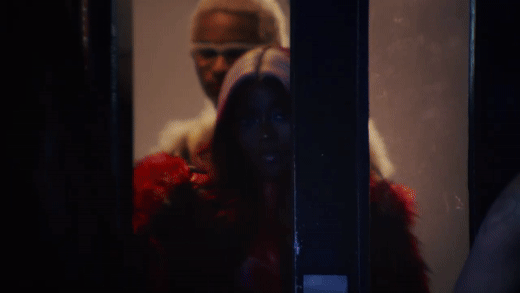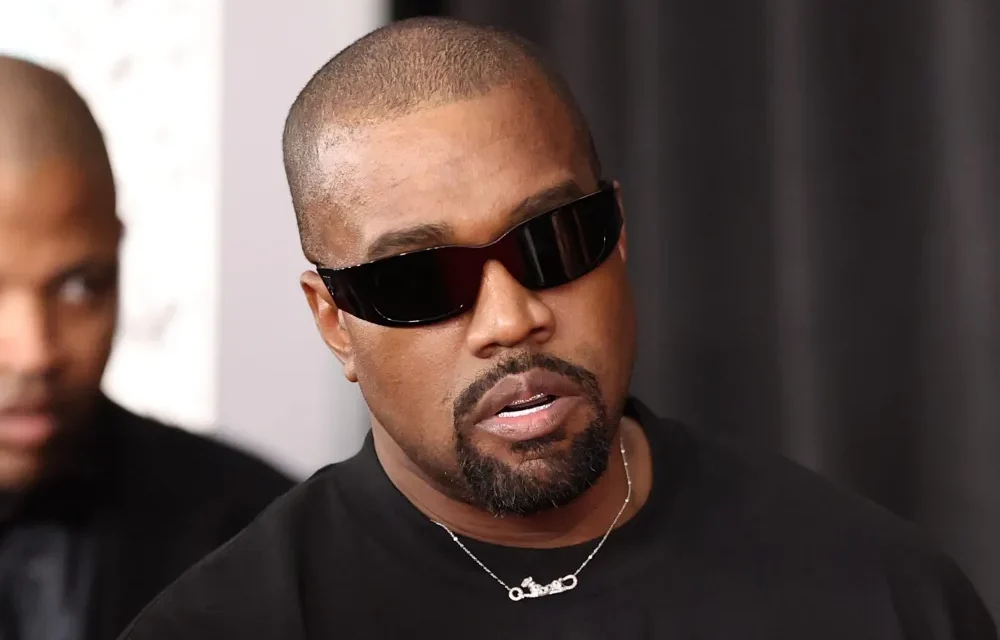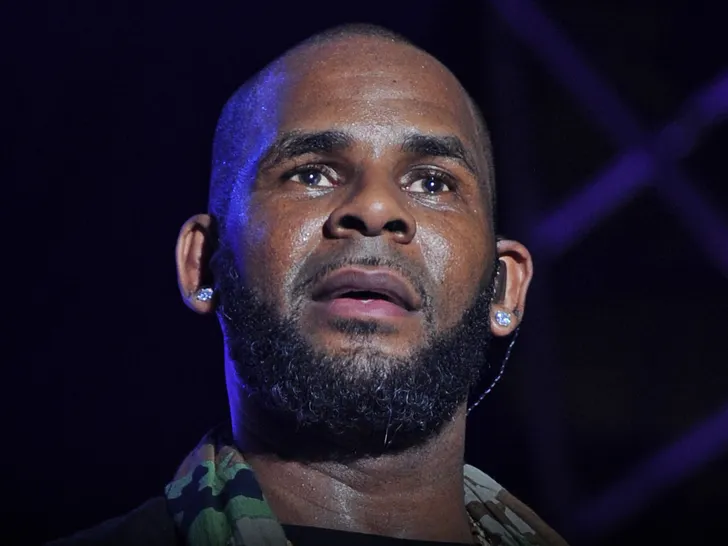Ariana Grande fires back at Trump supporters in fiery Instagram post
The message appeared to criticise their actions, aligning with Grande’s ongoing pattern of outspoken political commentary.
President Donald Trump willing to let Americans suffer: Trade war
In recent developments, President Donald Trump has acknowledged that his trade policies, including the implementation of tariffs, may lead to economic challenges for Americans. In an interview with Fox News’ Sunday Morning Futures, Trump mentioned
President Donald Trump’s death penalty proposal for drug dealers sparks controversy
This proposal aligns with his broader agenda, known as Agenda 47, which outlines various policy initiatives for his potential return to the White House.
Trump Administration intensifies legal actions against New York’s immigration policies
On February 12, 2025, the Trump administration filed a lawsuit against the state of New York, challenging its sanctuary policies that allegedly impede federal immigration enforcement efforts.
The National Park Service falls in line with President Trump’s executive order, mandating recognition of two genders only
To put it plainly, the staff deleted the words "transgender" and "queer" from the LGBTQ+ acronym. As a result, it just reads "LGB" for lesbian, gay, and bisexual.
President Trump sworn in without hand on bible, breaking tradition
Whilst using a Bible during the swearing-in ceremony is customary, it is not a constitutional requirement.











